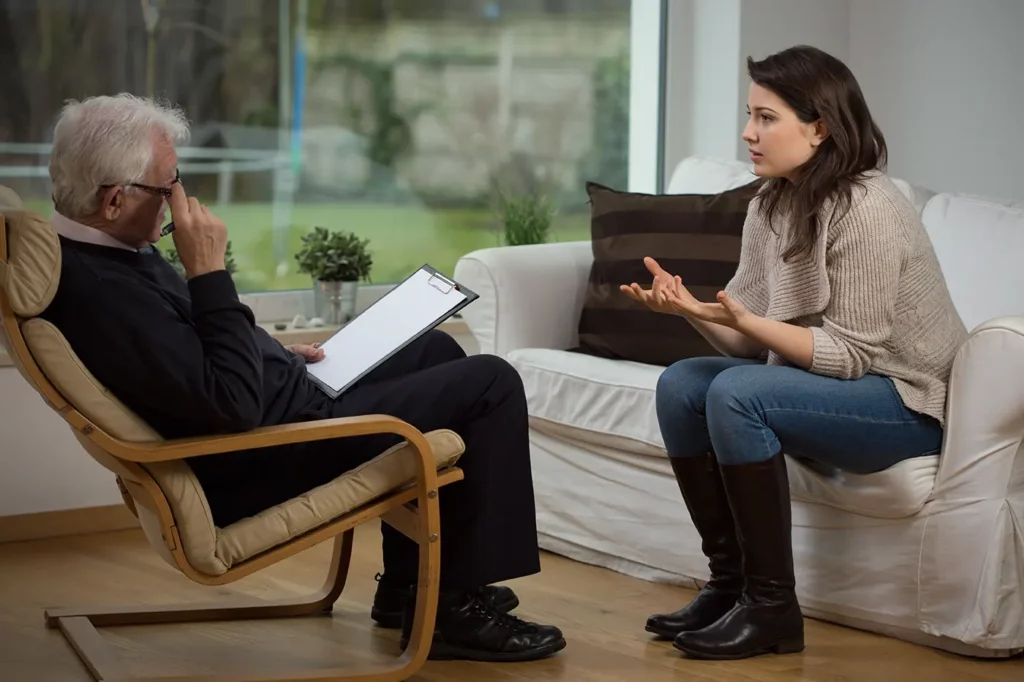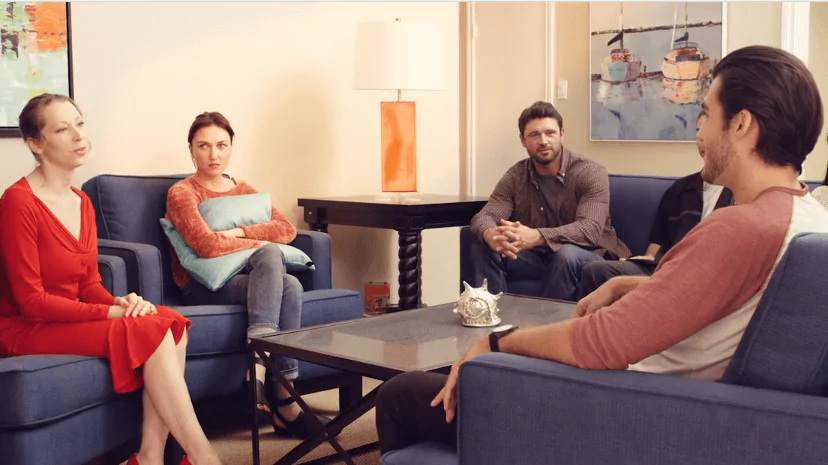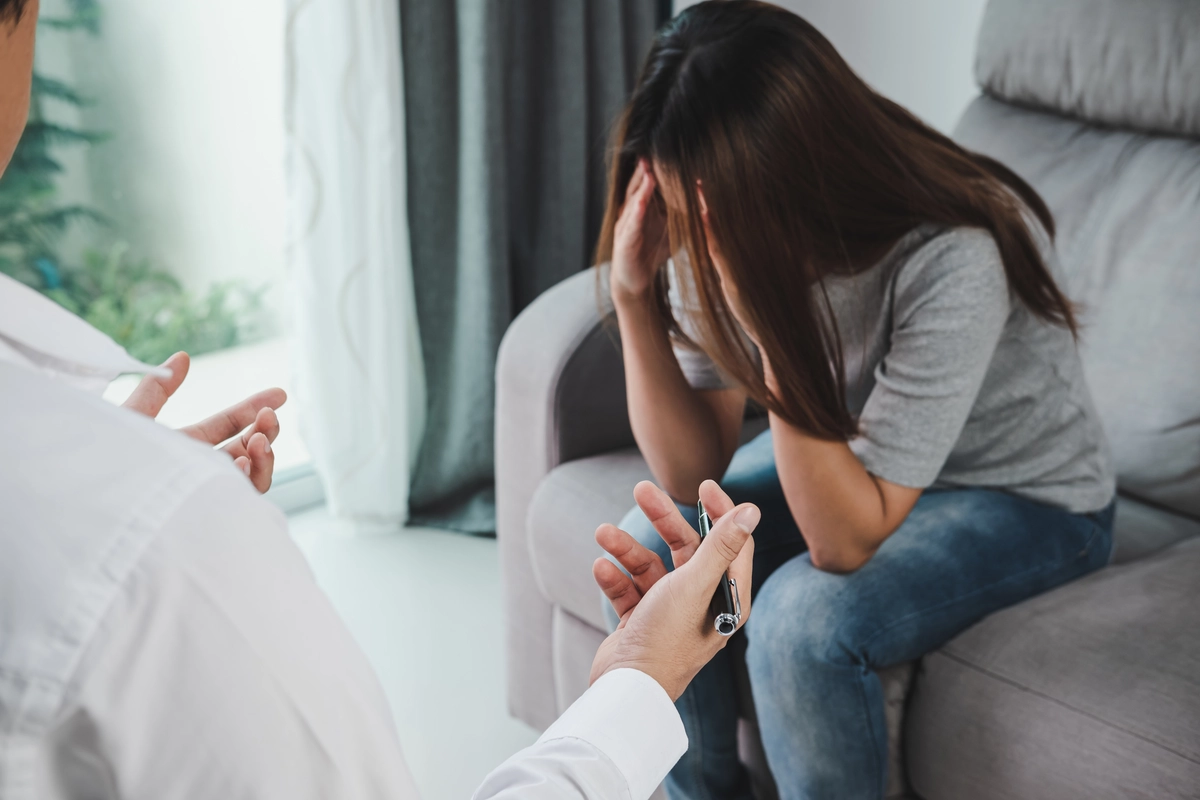24/7 Helpline:
(866) 899-221924/7 Helpline:
(866) 899-2219
Historically, Park City was established in the late 19th century during the silver mining boom. Its transformation from a mining town to a premier ski destination is emblematic of its resiliency and ability to adapt to change. However, beneath its scenic exterior lies a growing issue with substance abuse that affects many residents and visitors alike. The drug addiction problem in Park City is characterized by an alarming rise in opioid misuse and alcohol dependence, driven by various factors, including economic pressures and lifestyle choices.
Addressing drug and alcohol addiction in Park City, Utah, is crucial for safeguarding the community's well-being. Rehab centers play an essential role in this endeavor, offering necessary resources to individuals struggling with addiction. These centers provide comprehensive treatment plans tailored to individual needs, facilitating recovery and promoting a healthier lifestyle. The availability of addiction treatment options is vital not only for those affected but also for their families and the broader community, as recovery leads to enhanced public health, reduced crime rates, and increased quality of life.
As Park City continues to navigate its dual identity as a tourist destination and a tight-knit community, it is imperative to prioritize addiction treatment services. By fostering awareness and supporting rehabilitation efforts, Park City can strengthen the safety and health of its residents, ensuring that both locals and visitors enjoy all that this beautiful area has to offer.
Addiction treatment, drug and alcohol rehab centers are also available in Summit One can also look forOther Insurance Options

Kaiser Permanente

American Behavioral

Sliding scale payment assistance

Aetna

PHCS Network

Sutter

Humana

Health Partners

Coventry Health Care

UMR

Horizon Healthcare Service

BHS | Behavioral Health Systems

Excellus

Choice Care Network

Self-pay options

Covered California

BlueShield

Health Choice

MHNNet Behavioral Health

Lucent
























































































































Expansive Horizons Counseling
Expansive Horizons Counseling is a private rehab located in Kamas, Utah. Expansive Horizons Counseli...










